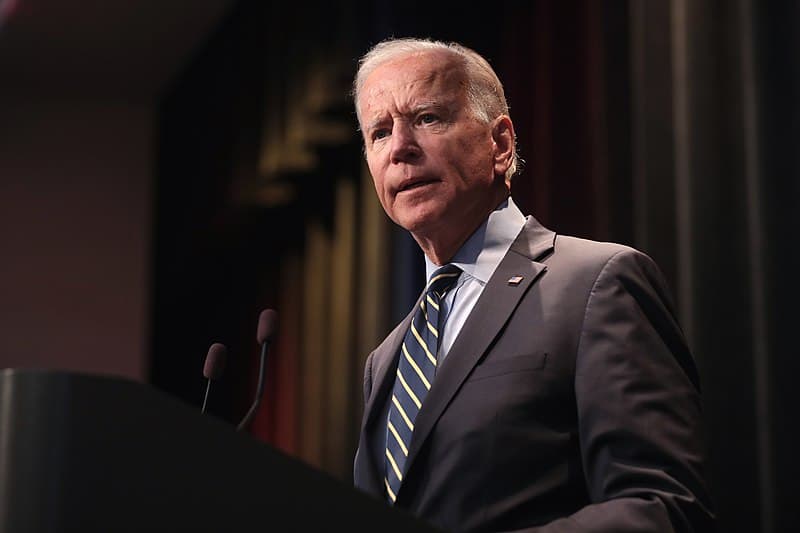Anita Alem is a student at Harvard Law School.
In today’s news & commentary, Democrats celebrate after the anticipated “red wave” in the midterms failed to materialize; a major railroad union agrees not to strike before early December; and consumer price index inflation rates, though high, are lower than anticipated.
Following election day earlier this week, President Biden and the Democratic Party celebrated avoiding, for the most part, the anticipated “red wave” in the midterm elections. President Biden tweeted, “We lost fewer seats in the House of Representatives than any Democratic president’s first midterm election in at least 40 years. And we had the best midterms for Governors since 1986.” Although Republicans are likely to gain control of the House of Representatives, several key Senate races remain too close to call.
The threat of a highly powerful railway labor strike continues to loom, but the Brotherhood of Maintenance of Way Employes Division has announced it will not be striking earlier than December 4, aligning dates with the Brotherhood of Railroad Signalmen. The BMWE had previously announced it could begin a strike by November 20 at the earliest. Both unions rejected the tentative agreement that the Biden administration had helped broker earlier this year largely due to a lack of paid sick leave provisions. The two largest rail unions are continuing to vote on the agreement; if either of the unions reject the agreement, BMWE stated the strike date is likely to be further delayed to build power across the unions, educate a Congress currently on recess, and unify to a single strike date.
The Wall Street Journal reported that the year-over-year consumer price index increased 7.7% in October, slightly below the 8.2% rate in September and the lowest12-month increase since January 2022. However, inflation rates are still among the highest in four decades. Inflation was among the highest concerns that voters reported at the polls on Tuesday.






Daily News & Commentary
Start your day with our roundup of the latest labor developments. See all
February 8
The Second Circuit rejects a constitutional challenge to the NLRB, pharmacy and lab technicians join a California healthcare strike, and the EEOC defends a single better-paid worker standard in Equal Pay Act suits.
February 6
The California Supreme Court rules on an arbitration agreement, Trump administration announces new rule on civil service protections, and states modify affirmative action requirements
February 5
Minnesota schools and teachers sue to limit ICE presence near schools; labor leaders call on Newsom to protect workers from AI; UAW and Volkswagen reach a tentative agreement.
February 4
Lawsuit challenges Trump Gold Card; insurance coverage of fertility services; moratorium on layoffs for federal workers extended
February 3
In today’s news and commentary, Bloomberg reports on a drop in unionization, Starbucks challenges an NLRB ruling, and a federal judge blocks DHS termination of protections for Haitian migrants. Volatile economic conditions and a shifting political climate drove new union membership sharply lower in 2025, according to a Bloomberg Law report analyzing trends in labor […]
February 2
Amazon announces layoffs; Trump picks BLS commissioner; DOL authorizes supplemental H-2B visas.